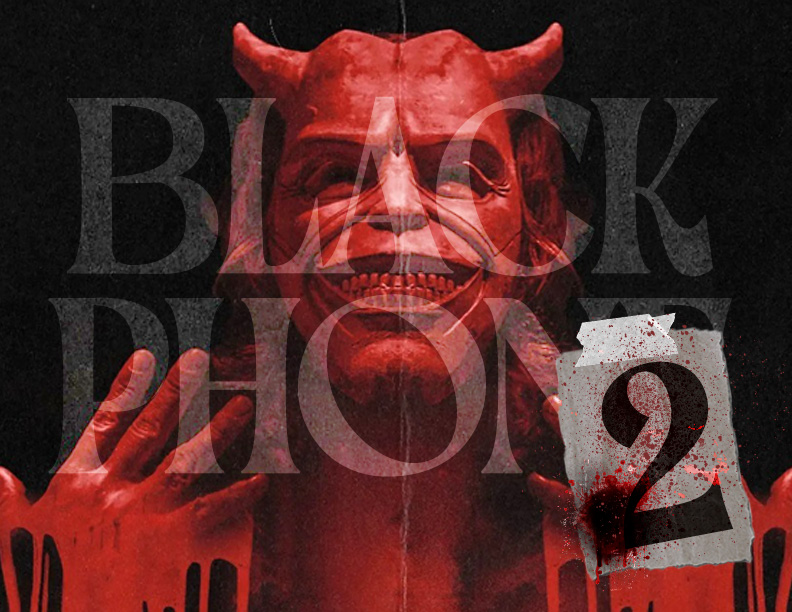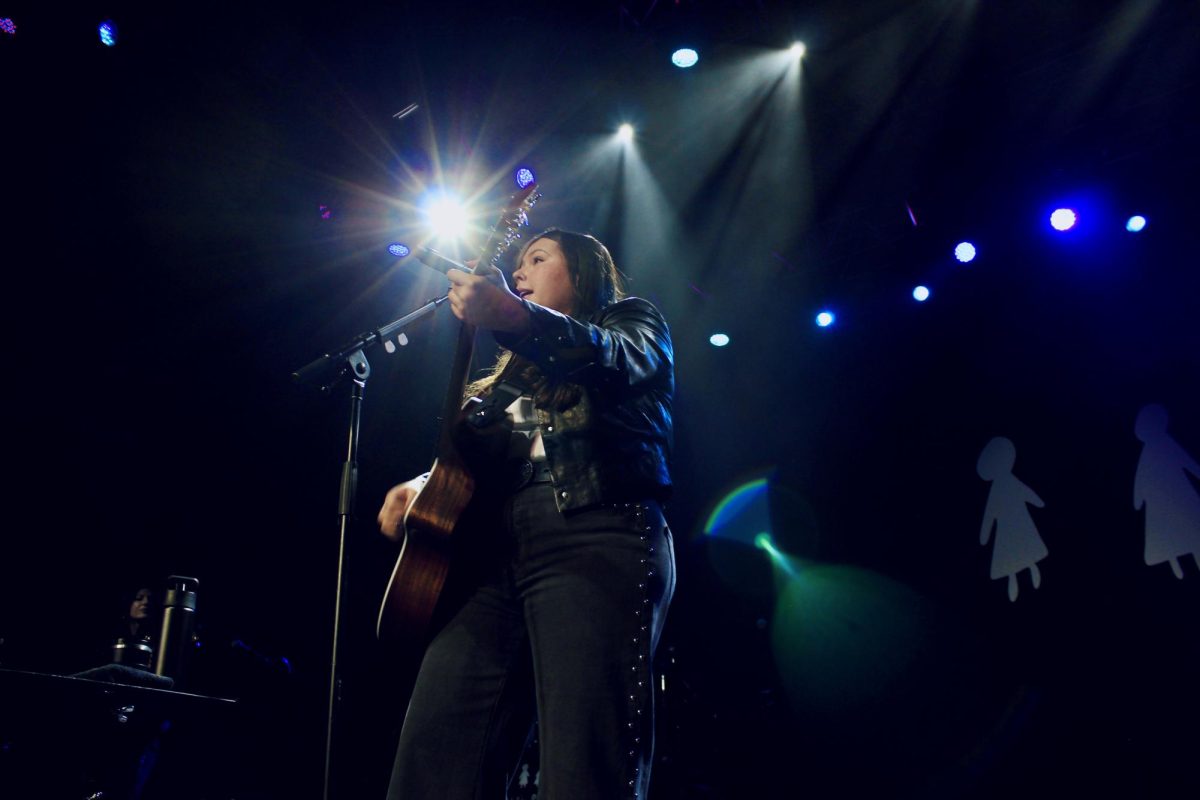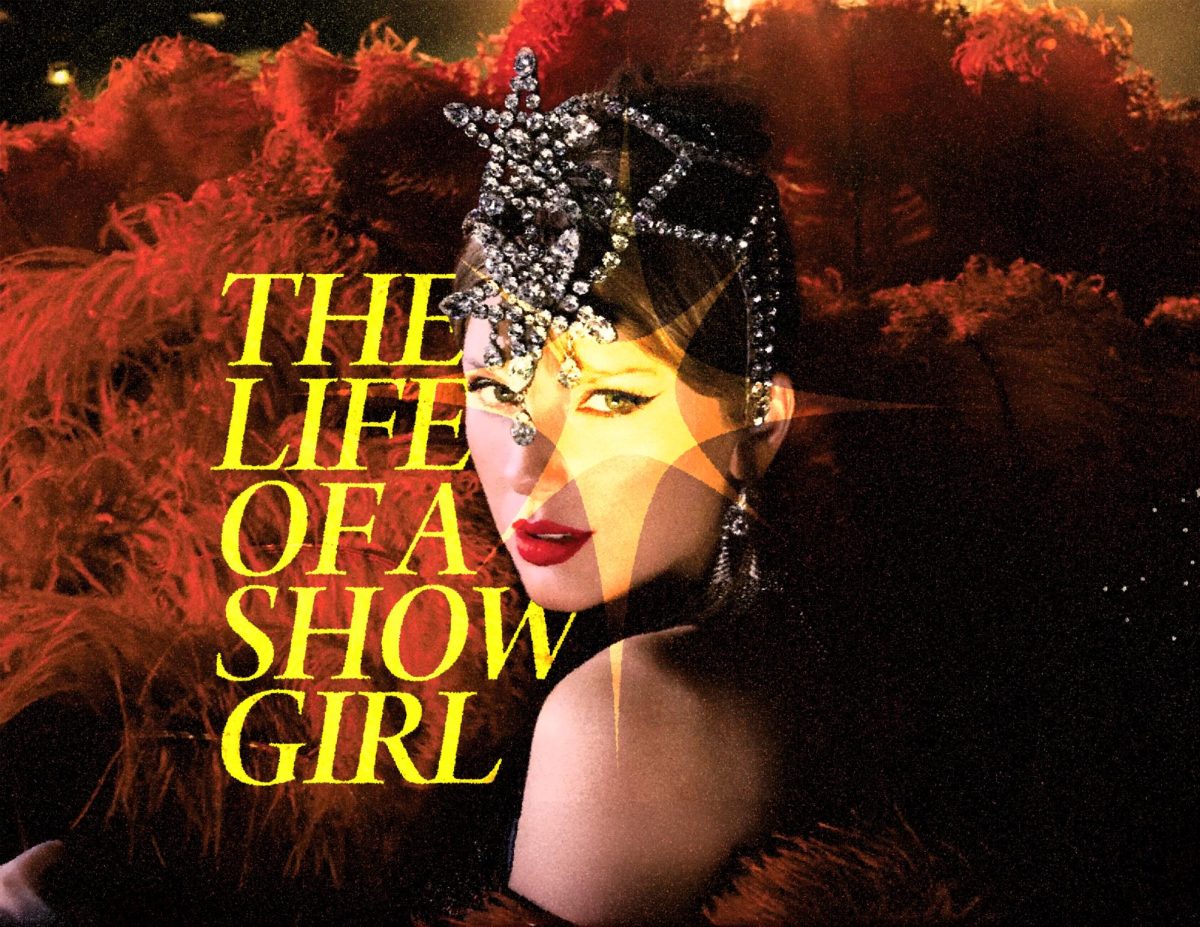Genderqueer pop sensation King Princess lays out heartbreak in chronological order on her debut record “Cheap Queen” released on Oct. 25.
Within the time she dropped her first three singles, Mikaela Mullaney Straus, known by her stage name King Princess, went from unknown to gaining millions of listeners almost overnight. Thus, the pressure was on to come out with an album up to par with the success of her early releases, and though she struggled, she did not disappoint. Staying true to her genderqueer roots from her first hit “1950,” she’s seeking to broaden the pop music world’s representation with different points of view.
“Cheap Queen” is named after the record’s third track and drag term for a queen that is “making something out of not very much.” The album is a raw, vulnerable telling of one of the hardest years of Straus’s life. The combination of coping with her unexpected, rapid success along with being in love and not knowing how she feels about her body is what shaped her emotional record.
The first track “Tough On Myself” opens up about grappling with her view of herself, in reference to relationships and her struggle with sudden fame. The lyrics, “I get too tough on myself, sitting alone, making fun of myself,” are arguably some of the most relatable from the album. Though most of the lyrics repeat, the downcast yet catchy beat will have listeners replaying this track again and again.
Straus’s unexpected rise to celebrity status caused a lot of pressure and anxiety to fall on her shoulders, but she opened up about how fame was getting to her head. In the track “Cheap Queen,” she explores the highs of fame, noting how it can be both good and bad.
Following this track, on the fourth song “Ain’t Together,” she goes on to sing about the kind of relationship most people have been in before, stuck in limbo with no real label. It discusses the pressure there is to be “chill” and the pressure to not put a label on anything. Though the album as a whole is exposed and easy to identify with, this track is one of the closest depictions to relationships in this generation that has been released in a long time.
The sixth track “Homegirl” explores her feelings of being gay, especially in a world where men can be brazen and disrespectful. Straus let her feelings pour out in this song, in the sense that regardless of how the queer community may be treated in public by men, she’s not going to let it affect the way she acts or feels about her relationships.
Though her opening song is a downcast track, the 10th song “Watching My Phone” is undoubtedly the most melancholy one on the album. Straus goes from her claim of being too cocky and “everyone wants me,” to admitting the emotional shortcomings she faces when watching her phone, thinking about her significant other.
The contrast between her tracks on “Cheap Queen” overall is a representative of her as an artist, as even her name itself “King Princess” is contradictory. In her music videos and photoshoots for the album, she dresses up as both a cheerleader and a jock, proving she’s both masculine and feminine. The main idea she’s trying to represent in “Cheap Princess” and on the forefront of the pop music scene is that it’s okay to be both, it’s okay to be whatever you want.















